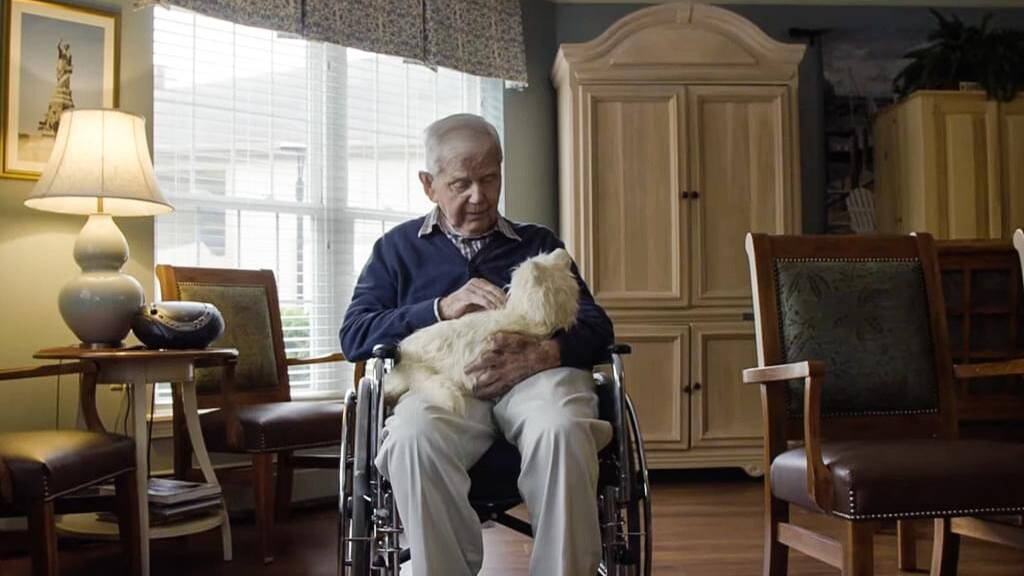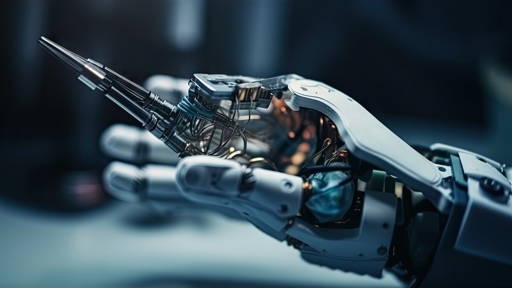Soon, machines using artificial intelligence will be able to do more than helping patients and elderly get out of bed, bring meals or give medicines. They will be able to have a fluent conversation, give advice's about lifestyle choices, provide entertainment, react to the facial expression and gestures. Robots can be trained (or programmed) to have emotional intelligence. What human-robot intimacy could mean for healthcare?
An example: Benchmark Senior Living at Plymouth Crossings uses robotic pets to help brighten the mood of elderly residents, while also stimulating cognitive function. Robotic cats and dogs help patients with dementia to reduce stress and improve mood.
“It distressed me a little bit that he was conversing with something that was not real”, says Sue Pinnetti, a daughter of a dementia resident of the Plymouth Crossings. “But it gave him pleasure and relaxed him and I figure that it’s working, so why not? I like the cat now”, she adds.
Watch the full video how the robotic pets are helping dementia patients
https://www.youtube.com/watch?v=cFvGAL9tesM&t=16s






